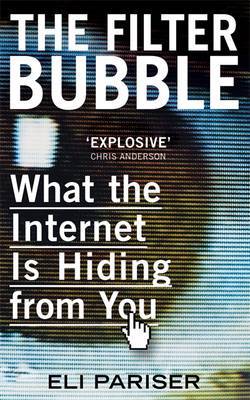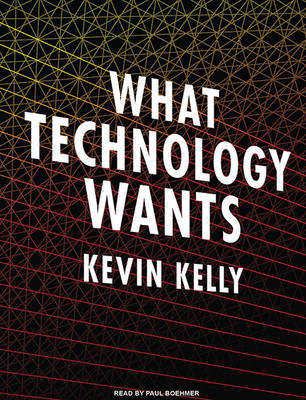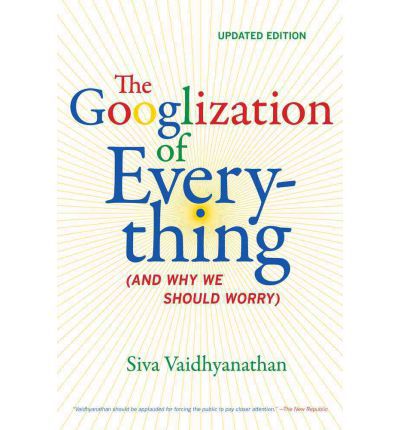Summer is usually the time for me to rejuvenate my creativity and get prepared for the second part of the year to come. I love to chain-read to encourage ideation.
This year I packed my beloved Kindle with a few books. Some of them inspired me, others didn’t. Here’s my commented summer reading list. As you’ll see it’s very much Big data oriented.
Eli Pariser: “the Filter Bubble”
I discovered the book by Eli Pariser only recently. I knew the concept of filter bubbles well before through the work of fellow colleagues at Channel 4 who worked on the subject.
Pariser’s book is seminal because it was the first to draw attention on a seemingly complex topic: how algorithms influence our lives, our choices, and in particular how they may limit our choices and serependity. When Pariser released his book in 2011 it must have been a very visionary one and it opened a broad range of discussions on the ethics of algorithms and user tracking. In my work at RTBF and EBU this made us think about how our algorithms need to be tuned to reflect public service values.
Personal ranking (from 1 to 5 points, 5 being the best and 1 the worst) : 5
Kevin Kelly : “What technology wants”
What a book ! I was only 20 pages into it and it felt the need to drop an email to the author to tell him how much I loved what he was writing. Kelly develops his idea of the technium, a self-reinforcing system of creation embracing all technologies. This technium is what enables innovation to grow. Any invention, Kelly argues, is built on a vast array of other previous inventions which, for many of them, arose in different fields. “Where good ideas come from” by Steven Johnston is another essay which proves this, starting with Gutenberg’s printing press whose idea came from the wine business.
Kelly also argues that construction and destruction both belong to this world. It is the slight surplus of construction which explains, over time, which things change. One citation sums this up :
“There is more good than evil in this world, but not by much”
Rabbi Zalman Schachter-Shalomi
The other very compelling argument Kelly makes is that inventions can be expected, an idea which is also shared by Johnston. Kelly call them “simultaneous inventions”. Edison was credited with the invention of the lightbuld but it was in fact a competition of several inventors at the same time and History has only retained Edison’s name. Once the technium is ready, then simultaneous innovations can pop up.
Personal ranking : 5
Jean-Philippe Postel, “L’affaire Arnolfini”
This book isn’t about software or IT. It’s about Art but offers a good lesson to everyone. The author offers a reinterpretation of a famous painting: the Arnofilni portrait which can be seen at The National Gallery in London.
The author takes a closer look at the details of the painting, the composition of the portrait and draws on the Midde-Age semiotic codes to analyze them. Those details become progressively coherent and lead the author to offer an unexpected interpretation of the painting.
I learned a lot of the painting itself, about the codes and beliefs of the Middle-Age, but I also learned that one needs to watch carefully to go beyond the surface of things. Understanding requires an effort that we must exercise each and every day. This is in my opinion the most important lesson of this book.
Personal ranking : 4.5
“The googlization of everything” by Siva Vaidhyanathan
I had a hard time reading this book. The author develops a one-sided view of Google and tries to show that Google’s action are bad for public institutions, companies and to a certain extent for citizens too. While I can agree with many of those arguments (e.g. Google’s presence in certain markets retards innovation and investments, when Google is efficient at doing something public institutions are relived from the pressure to perform their tasks well, the analogy with Foucault’s Panopticon theory of social control, …), I found the structure book poorly built. I missed the links between the different chapter and the fundamental thesis the author chose to develop.
Personal ranking : 2.5
I hope this short list is useful to you. I read much more than that (for instance the excellent book by Dominique Cardon on algorithms, but I need to make time to write on it).
Image : shutterstock
Posted in big data, Marketing.



